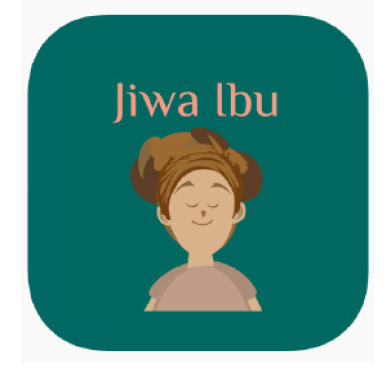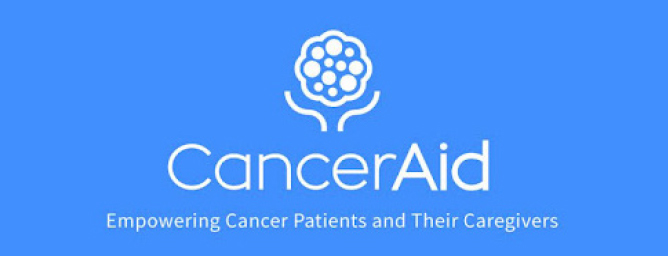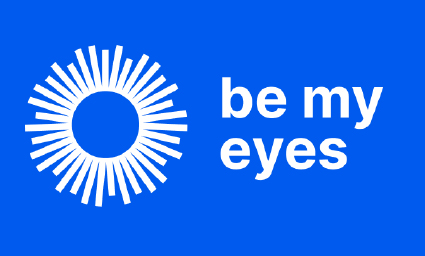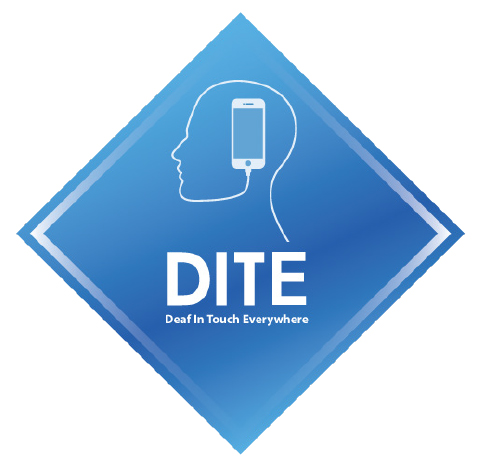Empowering lives through innovative accessibility apps
Empowering lives through innovative accessibility apps
Healthcare accessibility apps are transformative tools that address specific needs across diverse health conditions. Applications, such as Jiwa Ibu, CancerAid, Be My Eyes, BoundaryCare and Deaf In Touch Everywhere, aim to empower individuals who have various health challenges.
These apps positively impact users by providing tailored solutions, fostering informed decision-making and creating supportive communities, thereby ultimately improving the overall healthcare experience for those in need of assistance.
1. Jiwa Ibu
> Available on App Store and Google Play
Jiwa Ibu strives to empower women by facilitating easy access to healthcare information and education. In a collaborative effort, the University of Nottingham Malaysia (UNM), Hanai Jiwa Ibu Sdn Bhd (Hanai Jiwa Ibu), a social enterprise dedicated to women’s healthcare, along with St George’s University of London, Universiti Malaya and Universiti Malaysia Sabah, have developed an application aimed at enhancing healthcare for marginalised women in Malaysia.
The Jiwa Ibu app is designed to deliver localised and personalised information concerning mental health, women’s health, maternal care and children’s health. Operating as a mobile health (m-health) ecosystem, the app empowers women to make informed decisions about their health and respond promptly during emergencies.
The app encompasses a doctor’s directory, a repository of women’s health-related information, healthcare news, and a health education segment focusing on maternal and mental health. This comprehensive tool enables women to take control of their health and that of their families with just a few taps. Additionally, women can seek professional medical advice through the app before making any healthcare decisions.
2. CancerAid
> Available on App Store and Google Play
Founded by two oncologists in Sydney, CancerAid was created to support individuals dealing with cancer by helping them manage the complexities of the disease. From the moment of diagnosis through treatment and recovery, this app empowers patients to take charge of both the physical and psychological aspects of their journey.
CancerAid offers a comprehensive platform where patients can record and monitor their diagnostic and treatment details, access reliable medical information to enhance their understanding of the condition, track and address side effects, designate care teams and connect with a supportive community for motivation.
Key features include a daily log for patients to document wellness and symptoms, facilitating informed decisions by healthcare professionals. The app enables patients to share information with nominated care teams, fostering communication and support. For those physically distant from their loved ones undergoing cancer treatment, CancerAid’s journal feature allows caregivers to stay updated on the treatment and prognosis. The app’s community space provides valuable resources for caregivers, offering tips, shared experiences, and information on specific cancer types and treatments.
3. Be My Eyes
> Available on App Store and Google Play
Be My Eyes is a no-cost mobile application aimed at enhancing global accessibility for individuals who are blind or have low vision. Through live video calls, the app facilitates connections between blind and low-vision users and sighted volunteers and companies worldwide.
Since its launch in January 2015, the platform has garnered 7,163,851 volunteers who have offered assistance to 583,273 blind and low-vision individuals. Be My Eyes supports requests for aid in over 180 languages including Bahasa Malaysia, Mandarin and Tamil, making it the most extensive online community for the visually impaired and one of the largest micro-volunteering platforms globally. Each day, volunteers join Be My Eyes to lend their vision, collaborating with blind and low-vision individuals to overcome challenges and solve various problems.
Typical applications of Be My Eyes include helping users to find lost items, describing visual artwork, matching or explaining colours, reading labels, troubleshooting computer issues, grocery shopping, identifying expiration dates on food products, adapting to new environments or navigating unfamiliar places, distinguishing between items, and determining public transport schedules.
4. BoundaryCare
> Available on App Store and Google Play
BoundaryCare, catering to vulnerable individuals facing challenges ranging from ageing in place to cognitive issues such as Alzheimer’s, autism spectrum disorder (ASD), Down syndrome and amyotrophic lateral sclerosis (ALS), enhances their independence and safety.
The app, designed to keep caregivers informed and equipped, utilises the advanced capabilities of the Apple Watch to deliver alerts and information to caregivers’ devices (iOS or Android). By offering crucial support for those at risk of falls or medical issues and those living with dementia, ASD, or Down syndrome, BoundaryCare ensures that loved ones can maintain their freedom while providing caregivers with peace of mind.
Key features include fall detection, geofencing and location updates for establishing safe boundaries, health metric monitoring, reminders and communication tools. The app allows caregivers to stay connected in real time, even enabling auto-answer calls. Users can explore BoundaryCare with a one-month free trial, with subscriptions starting at US$25 (RM118) per month for a six-month commitment.
5. Deaf In Touch Everywhere
> Unavailable, still undergoing testing
The Deaf In Touch Everywhere (DITE) app serves as a platform dedicated to enhancing communication between healthcare providers and deaf patients. Developed by the Health Care Needs of the Deaf (Heard) project at Monash University Malaysia, this app employs live video conferencing with sign language interpreters to address the communication challenges faced by deaf individuals in healthcare settings.
Due to the absence of sign language interpreters during medical consultations, deaf individuals often encounter communication barriers, resulting in potential misdiagnosis and compromised health outcomes. While DITE has been created to facilitate communication between healthcare professionals and deaf individuals, recognising the need to address broader cultural and linguistic barriers in healthcare, the app is embarking on a mission to develop a unique module on deaf culture for healthcare professionals. This strategic initiative aims to bridge the cultural gap within medical settings, fostering a more empathetic and inclusive healthcare experience for the deaf community.
With the ability to book sign language interpreters for health consultations via appointment and engage in video conferencing through smartphones, DITE empowers deaf individuals to communicate effectively during their healthcare interactions. It is important to note that the app is currently not available for download, as the developers plan to conduct a feasibility study at public hospitals before its official launch.







Comments
Post a Comment